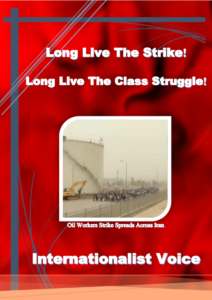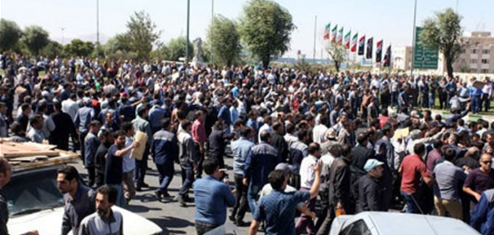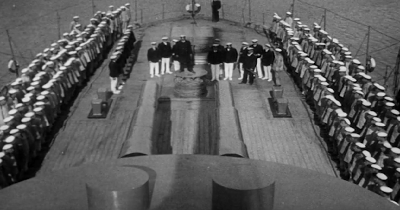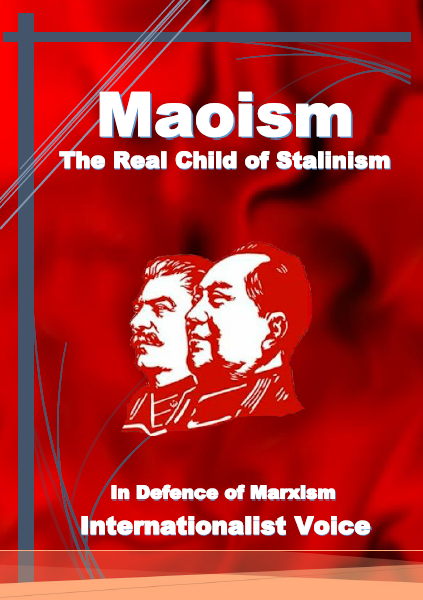Long live the strike! Long live the class struggle!
The global bourgeoisie has extensively attacked the living standards of the working class in order to finance wars. The global working class is thus paying the price of war through astronomical inflation and falling living standards. Inflation has reached double digits, not only in the peripheral capitalist countries, but also in the metropolitan capitalist countries.
Since last summer, the global working class has defended its standards of living and livelihood. Labour strikes are currently widespread; from Britain to South Africa, from France to Iran, workers are taking action. The working class is raising its head all over the world. We are currently witnessing the revival of the class struggle across the whole world.
Given the extremely high levels inflation in crisis-ridden countries of periphery capitalism, a meagre increase in wages has drastically reduced the real wages of workers. The working class and the lower strata of society live below the absolute poverty line and struggle for physical survival.
In Iran, a new wave of labour strikes has recently occurred in protest against low living standards, with demands for a 79% increase in wages. The strike started at Mahshahr Petrochemical, but soon spread to other oil refineries, petrochemical and steel works. Most workers involved are project and contract workers in the oil and petrochemical industries, but those in the steel and machinery industries are also involved. At time of writing, labour strikes have spread to more than 50 industrial units.
It is particularly important for the working class to enter the field of struggle so that the brutality of capitalism does not go unanswered. The protest of thousands of workers against wage slavery is a glorious sight, reviving hope in the hearts of millions that it is possible to challenge capitalism.
Workers have gained experience from independent public assemblies, protests and strikes of past years. It is vital to refer to this tradition and to make decisions about the process of campaigns through public assemblies, in which workers gain confidence in collective power and shape the future of action collectively through passion and consultation.
Despite the spread of labour protests and strikes, one of their main weaknesses is disintegration and lack of coordination. The coordination of protests and the linking of strikes will demonstrate class solidarity, giving workers more power by ensuring that they appear as a social class. The expression of the working class as a social class will help to take the class struggle to a higher level.
It is particularly important to form strike committees that can implement the decisions of general assemblies and can establish genuine class unity by communicating with other sisters and brothers. In protests, we can only rely on our class power and that of our fellow comrades. The absence of a strike fund means that strike committees can facilitate mutual aid from different groups.
The chained workers!
Defence and solidarity with labour strikes are not only the defence of the demands of the working class, but contain the seeds of social revolution. Due to their anti-capitalist nature, labour strikes can spread to other capitalist countries and stimulate class solidarity of their workers, while also challenging the capitalist state.
The future belongs to the class struggle!
Internationalist Voice
23 April 2023















